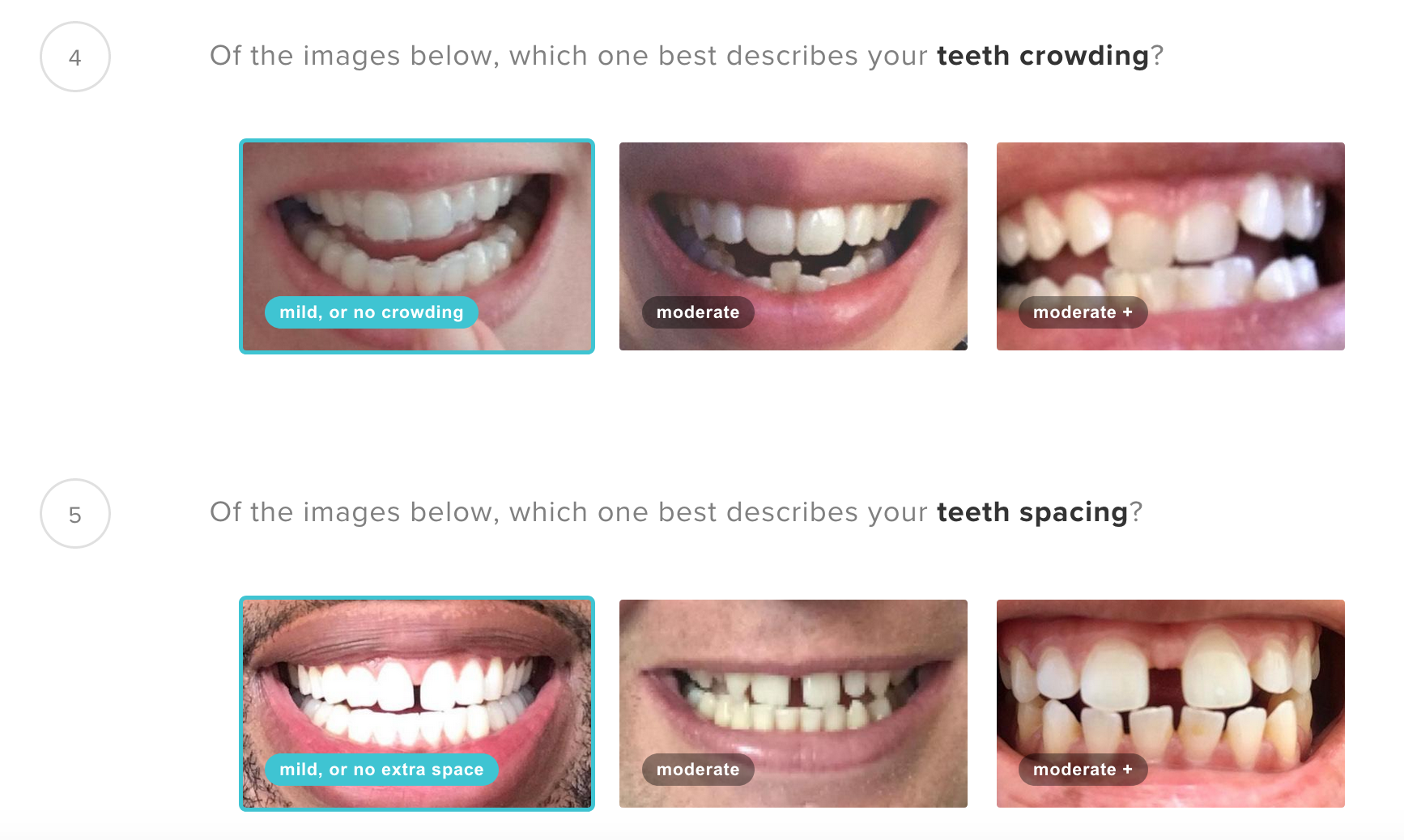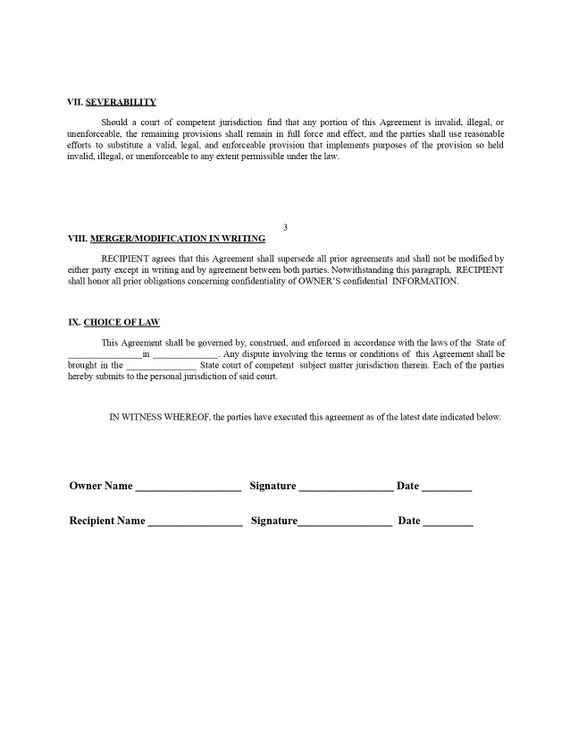Smile Direct Club Non Disclosure Agreement
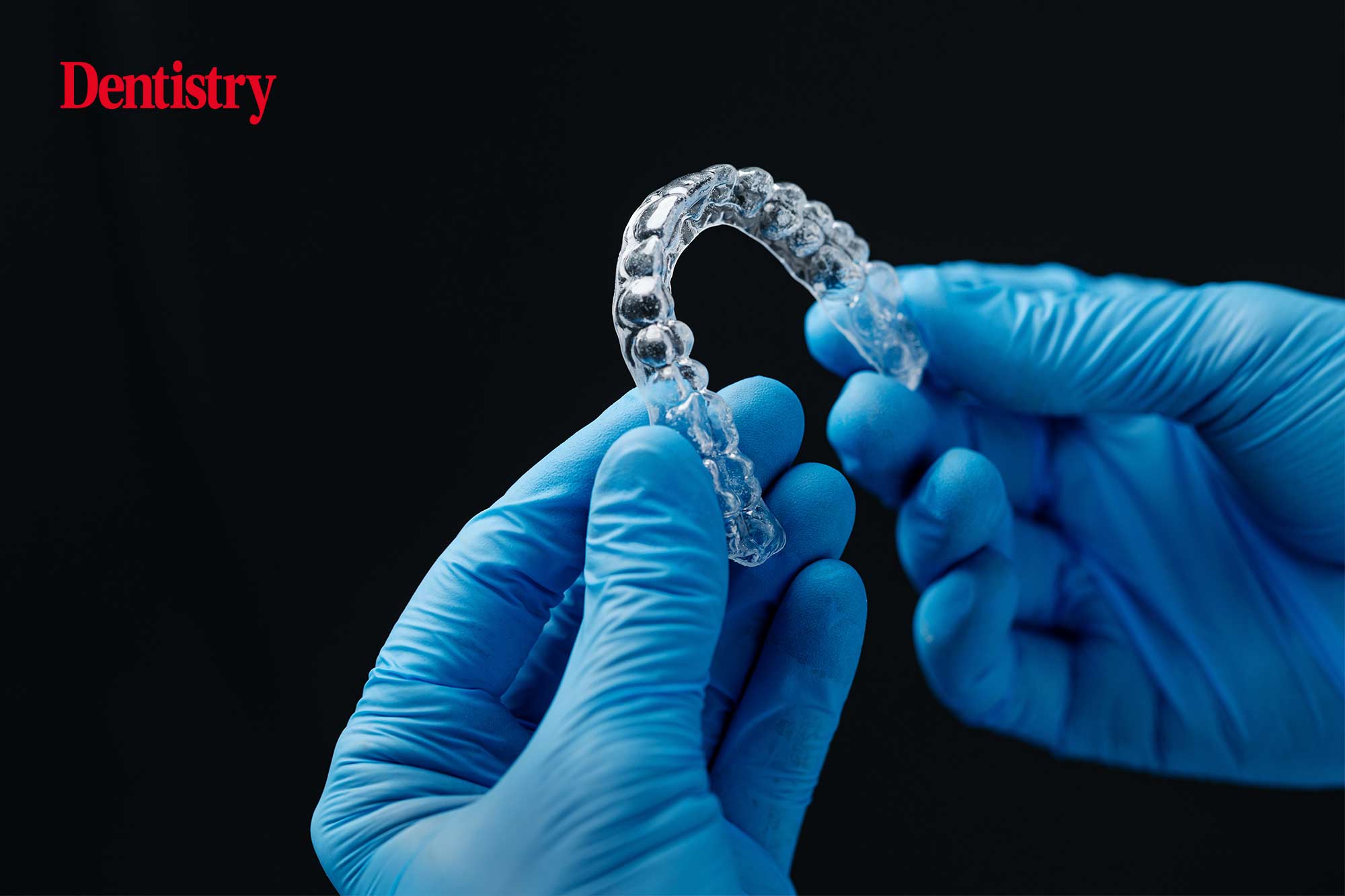
The now-bankrupt teledentistry company, SmileDirectClub, continues to generate ripples long after ceasing operations, primarily due to its stringent non-disclosure agreements (NDAs). These agreements, signed by former employees and customers alike, are now under increased scrutiny as stakeholders grapple with the aftermath of the company's abrupt closure.
The core issue revolves around the breadth and enforcement of these NDAs, raising questions about transparency and the right to speak freely about experiences with the company. The situation is further complicated by the company's bankruptcy proceedings, leaving many wondering about the enforceability of these agreements and the potential for legal challenges.
The Scope of the NDAs
SmileDirectClub's NDAs were reportedly extensive, preventing signatories from discussing virtually any aspect of their employment or customer experience. This includes details about treatment plans, customer service interactions, internal company practices, and the reasons for employee departures.
Several former employees have anonymously voiced concerns about the chilling effect of these NDAs, claiming they stifle open discussion about potential issues with the company's practices. Some fear legal repercussions if they share their experiences, even with regulatory bodies.
Legal and Ethical Considerations
The enforceability of NDAs is a complex legal matter that varies depending on jurisdiction. While NDAs are generally upheld to protect trade secrets and confidential business information, they can be challenged if they are deemed overly broad or restrict legitimate whistleblowing activities.
Legal experts suggest that SmileDirectClub's bankruptcy could impact the enforceability of its NDAs. A bankruptcy trustee may prioritize asset recovery and debt repayment, potentially diminishing the resources available to pursue NDA violations.
Customer Concerns and Gag Orders
Beyond employees, many customers also signed NDAs, often as part of settlement agreements related to complaints about treatment outcomes. These customers are now caught in a difficult position, unable to publicly share their experiences, positive or negative.
Consumer advocacy groups argue that such NDAs can be detrimental to public health, preventing potential patients from making informed decisions about orthodontic treatment. The concern is that these "gag orders" mask the true scope of issues related to SmileDirectClub's services.
The Aftermath and Potential Impact
The SmileDirectClub situation highlights the growing debate surrounding the use of NDAs, particularly in cases involving potential consumer harm. Critics argue that NDAs should not be used to silence legitimate concerns or shield companies from accountability.
Going forward, it is likely that regulators and lawmakers will scrutinize the use of NDAs more closely, seeking to balance the need to protect legitimate business interests with the public's right to information. The SmileDirectClub case may serve as a catalyst for legislative reforms aimed at limiting the scope and enforceability of such agreements.
The legacy of SmileDirectClub will undoubtedly include a renewed focus on ethical business practices and the importance of transparency in the healthcare industry. The future resolution of these NDAs will be a key indicator of how these principles are upheld.
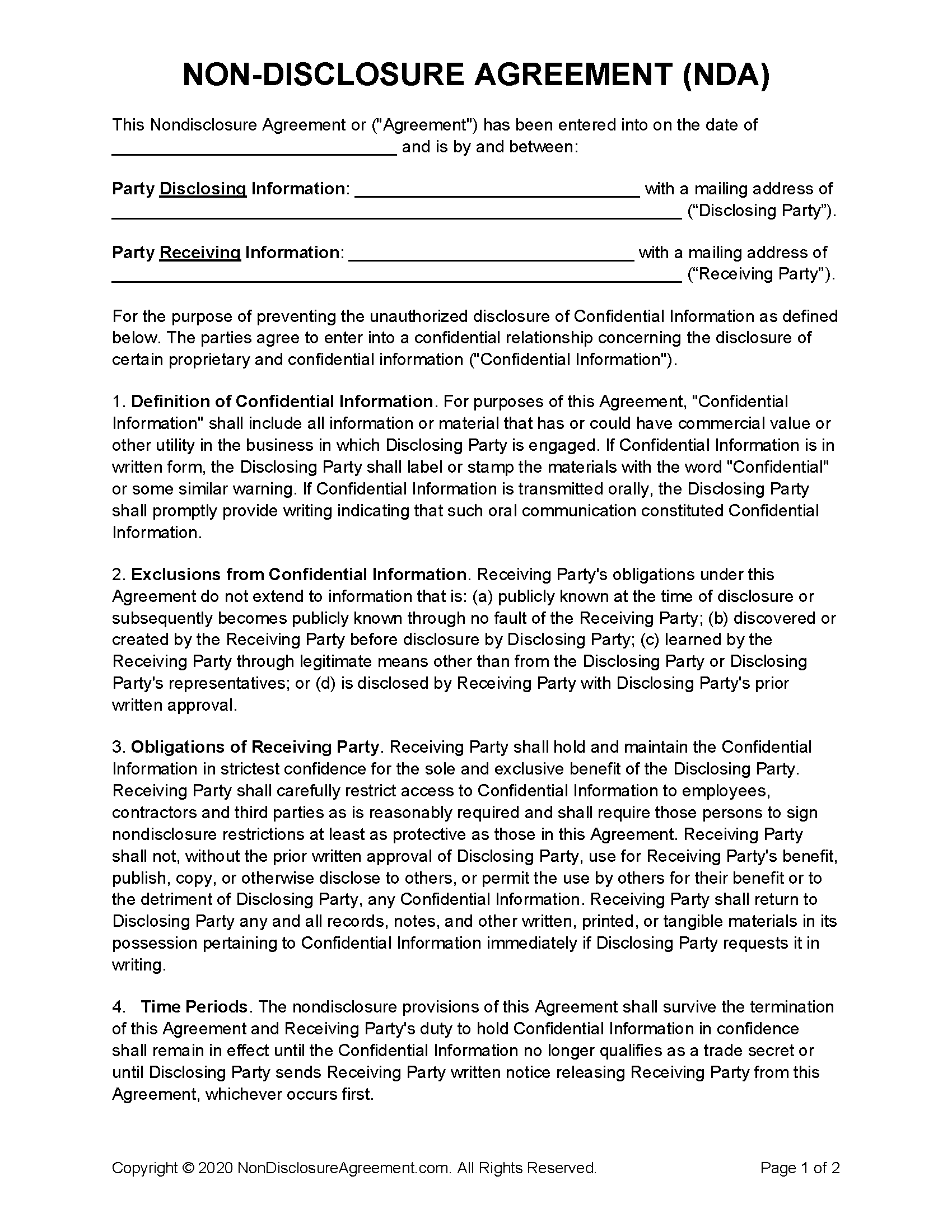

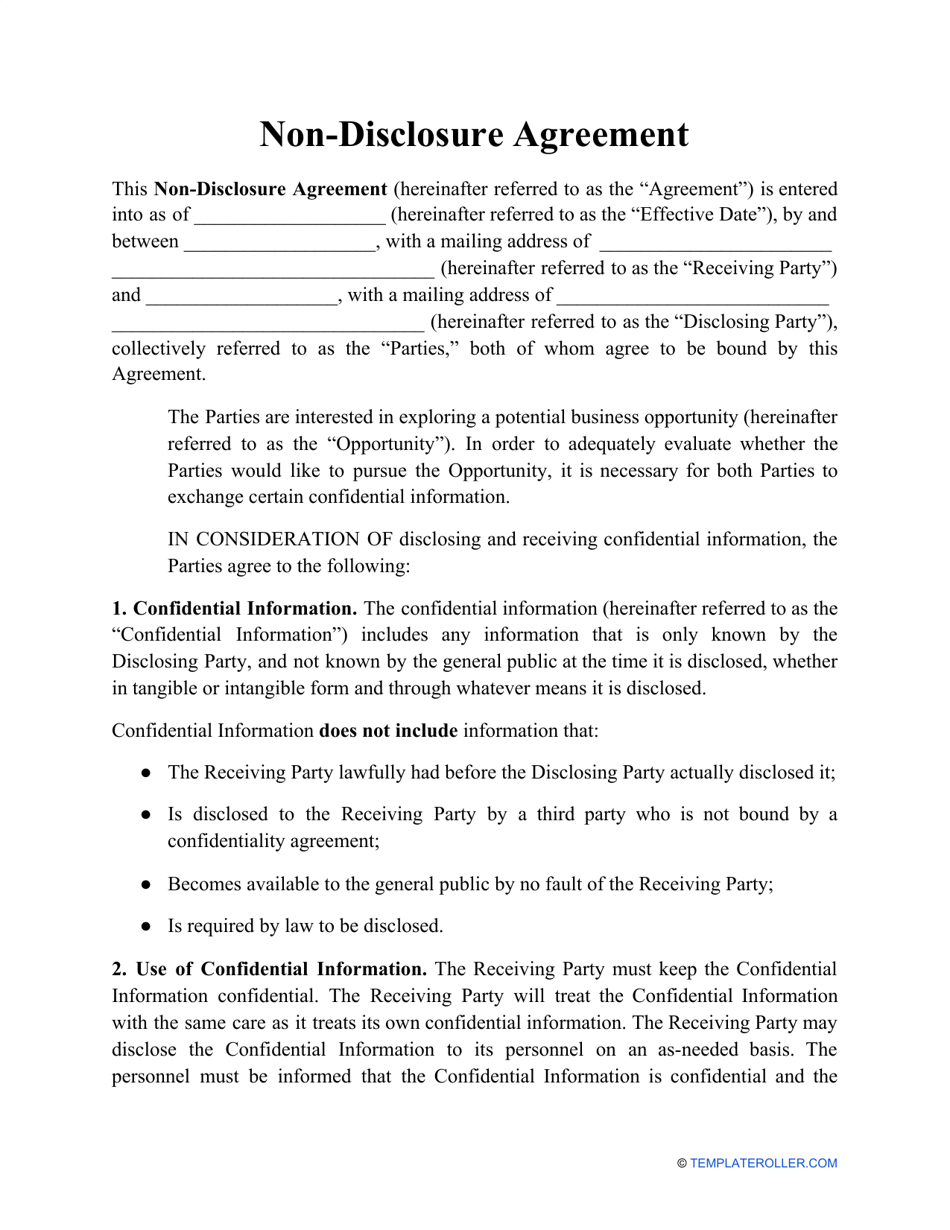





/Images/Explainer eBook 3D Contract Lifecycle Management - Non-Disclosure Agreement (NDA).png)



